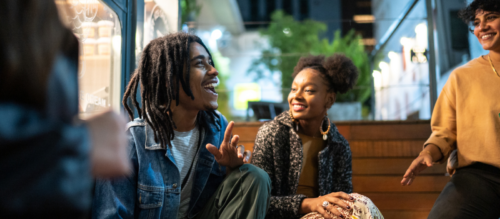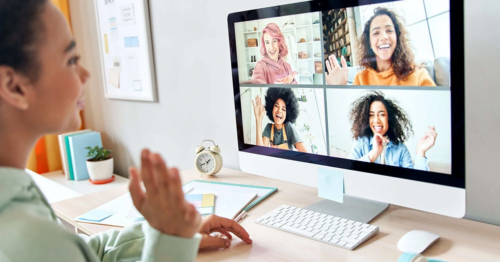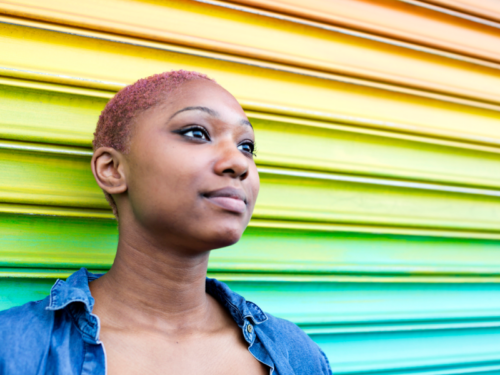
Table of Contents
Resources for BIPOC Mental Health Month (and All Months)

Written By: Alex Bachert, MPH
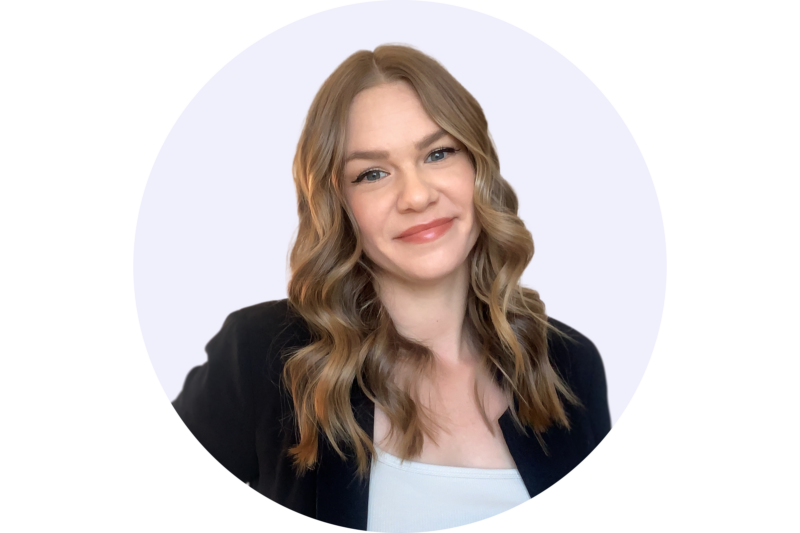
Clinically Reviewed By: Sarah Lyter
Updated: June 25, 2024
4 min.
Resources and expert guidance from Dr. Chelsi Clark, Ph.D., NCSP, LPC, Charlie Health’s Director of BIPOC Group Quality and Diversity, Equity, and Inclusion Initiatives, on how to support BIPOC mental health year-round.
Learn more about our Clinical Review Process
Table of Contents
Mental healthcare should make you feel heard and understood, and for many Black, Indigenous, and People of Color (BIPOC), this means finding culturally- and racially-sensitive providers and resources. Unfortunately, finding evidence-based, culturally congruent care can be a challenge for more reasons than one.
First, the vast majority of the U.S. psychology workforce is white — over 80%, according to the American Psychological Association. And, of those white providers, over half (56%) report having no form of cultural competency training, like training to address racial trauma. Also, factors like inequitable access to resources and social stigma can be further barriers to care, leading BIPOC people to receive less mental health treatment than their white counterparts, data shows.
In honor of BIPOC Mental Health Month, we review some of the leading barriers to care BIPOC communities face and explore mental health resources made specifically for BIPOC individuals — including Charlie Health’s BIPOC-specific virtual therapy program.

Accessible mental healthcare for BIPOC young people
Identity-affirming virtual therapy and peer groups.
The state of mental health access in BIPOC communities
According to the National Institute of Mental Health (NIMH), more than one in five U.S. adults live with a mental illness, with some BIPOC communities — like people who are two or more races and American Indian/Alaskan Native (AI/AN) adults — reporting among the highest rates of mental health conditions. Still, most mental illnesses go untreated, especially in communities of color, data shows.
Roughly one-quarter (25.4%) of Asian people and just over one-third of Black and Hispanic people (39.4% and 36.1%, respectively) received needed mental health services in the past year, according to 2021 NIMH data. By contrast, over half (52.2%) of white people accessed mental health treatment, data shows.
As mentioned, many factors contribute to mental health disparities and access disparities in BIPOC communities. “Despite the obvious need for mental healthcare and support, systematic racism and discrimination have caused a lack of access to care and treatment throughout BIPOC communities,” said Dr. Chelsi Clark, Ph.D., NCSP, LPC, Charlie Health’s Director of BIPOC Group Quality and Diversity, Equity, and Inclusion Initiatives. Dr. Clark pointed to disproportionate rates of poverty, unemployment, and uninsurance within BIPOC communities as a few examples of barriers to care. “These factors are often a direct result of racial bias and discrimination,” she added.
BIPOC mental health resources
Making evidence-based, culturally congruent mental healthcare accessible to BIPOC communities is essential. That’s why there are BIPOC-specific mental healthcare resources designed to support the community with mental health issues and help BIPOC individuals process racial trauma (among other mental health challenges). Below, we detail a few of these options, including a Latinx therapy resource, a mental health collective dedicated to Black mental wellness, and Charlie Health’s BIPOC-specific programming.
Asian Mental Health Collective
Asian Mental Health Collective’s mission is to raise awareness about the importance of mental healthcare, promote emotional well-being, and challenge stigma surrounding mental health conditions amongst Asian communities globally.
Black Emotional and Mental Health Collective
BEAM’s mission is to remove the barriers that the Black community experiences in getting access to or staying connected with emotional healthcare and healing.
Therapy for Latinx
Therapy for Latinx is a national mental health resource for the Latinx community that provides resources for the Latinx community to heal, thrive, and become advocates for their own mental health.
Center for Native American Youth
Center for Native American Youth believes all Native American youth should lead full and healthy lives, have equal access to opportunity, and draw strength from their culture and one another.
In blog: https://www.charliehealth.com/post/racism-is-a-form-of-trauma
WeRNative
WeRNative is a comprehensive health resource for Native youth, by Native youth, providing content and stories about the topics that matter most to them. They strive to promote holistic health and positive growth in our local communities and nation at large.
National Queer and Trans Therapists of Color Network (NQTTCN)
NQTTCN is a healing justice organization actively working to transform mental health for queer and trans Black, Indigenous and People of Color (QTBIPOC).
Charlie Health’s BIPOC-specific program
Charlie Health’s virtual Intensive Outpatient Program (IOP) includes a BIPOC-specific curriculum designed to support BIPOC young people and adolescents with serious mental health issues. The program matches people with an identity-affirming individual therapist and family therapist, as well as a peer group with other BIPOC young people. The outcomes speak for themselves: unlike many other forms of treatment, Charlie Health’s BIPOC program yields equitable mental health outcomes for both BIPOC youth and their non-BIPOC counterpart, and most patients report being “very satisfied” with treatment, data shows.
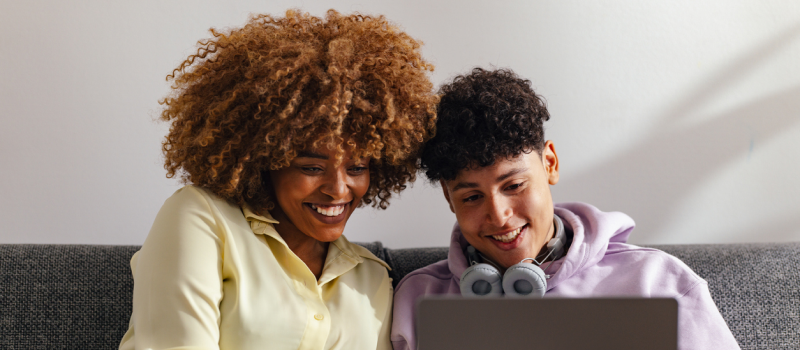
Identity-affirming mental health support at Charlie Health
If you or a Black, Indigenous, or person of color you care about is struggling with a mental health condition, Charlie Health is here to help. Charlie Health’s virtual Intensive Outpatient Program (IOP) provides more than once-weekly mental health treatment for young people and families dealing with serious mental health challenges. Our inclusive therapists incorporate evidence-based therapies into individual counseling, family therapy, and group sessions with a dedicated program for those who are Black, Indigenous, and People of Color (BIPOC). With this kind of holistic treatment, accessing affirming mental healthcare is possible. Fill out the form below or give us a call to start healing today.
